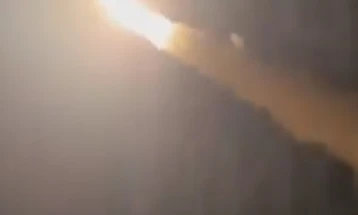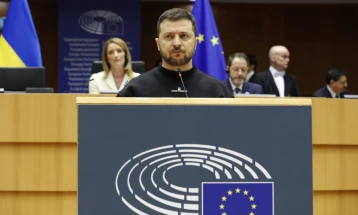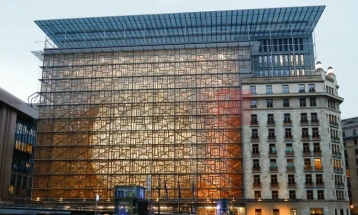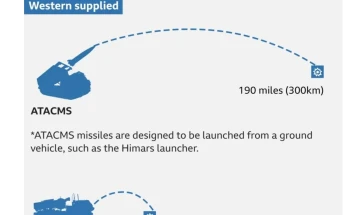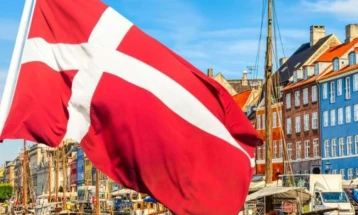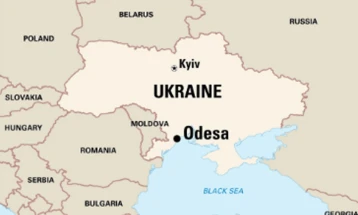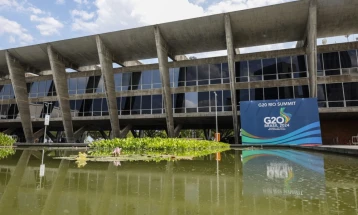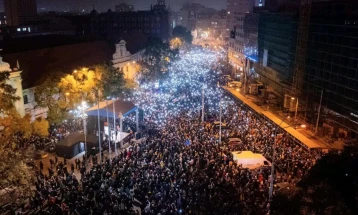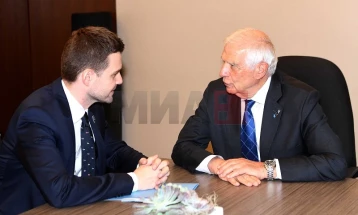G20 countries issue final declaration in Rio
- The G20 summit in Rio de Janeiro kicked off on Monday with an unexpected breakthrough as members issued a final declaration on the first day of talks, though it only included broad statements on the conflicts in the Middle East and Ukraine.
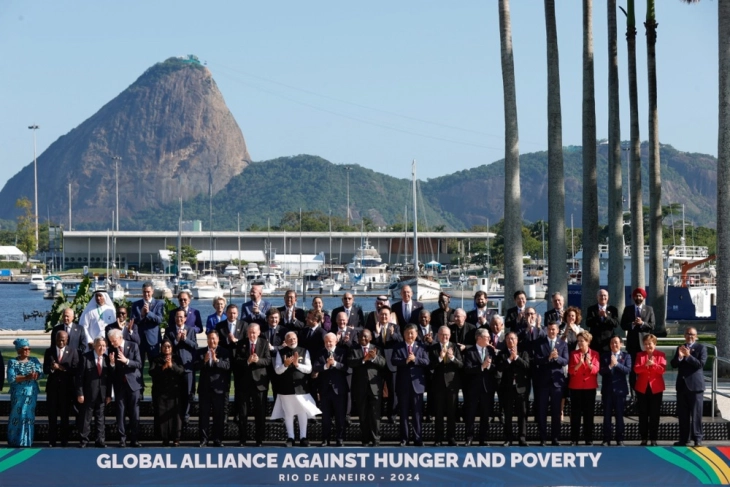
Rio de Janeiro, 19 November 2024 (dpa/MIA) - The G20 summit in Rio de Janeiro kicked off on Monday with an unexpected breakthrough as members issued a final declaration on the first day of talks, though it only included broad statements on the conflicts in the Middle East and Ukraine.
Brazil, as the host nation, successfully shaped the agenda, embedding key priorities from its G20 presidency into the document, including combating hunger and climate change, alongside efforts to reform international organizations.
Leaders from the world's leading industrialized and emerging economies also voiced their commitment to more effective taxation of the super-rich and reiterated the internationally agreed target of limiting global warming to 1.5 degrees Celsius compared to pre-industrial times.
Despite initial concerns over potential disagreements from Argentina's ultra-liberal President Javier Milei, the G20 managed to produce a joint 85-point summit declaration.
A key point of agreement was the push to reform the UN Security Council, with the final declaration calling for a more "representative, inclusive, efficient, effective, democratic and accountable" council.
Like last year's summit in India, there was no explicit condemnation of Russia's aggression in Ukraine, unlike the strong stance taken at the 2022 Bali summit.
There was instead only a general reference to "the immense human suffering and the adverse impact of wars and conflicts around the world," for example on food and energy security.
The summit also marked the launch of the Global Alliance Against Hunger and Poverty. The final statement highlighted that hunger is not caused by a lack of resources or knowledge, but by a lack of political will to ensure access to food for all.
Middle East: Hamas attack not mentioned
Also not mentioned is the militant Palestinian group's October 7 attacks on Israel, in which 1,200 people, mostly civilians, were killed.
Prior to the summit, German government circles had stated that such an outcome of the negotiations would be "unacceptable."
The final declaration instead mentions "deep concern about the catastrophic humanitarian situation in the Gaza Strip and the escalation in Lebanon."
Humanitarian aid must be urgently expanded and the protection of the civilian population strengthened, the document says, in a clear message to Israel.
The G20 also reaffirms "the Palestinian right to self-determination" and "an unwavering commitment to the vision of the two-State solution where Israel and a Palestinian State live side by side in peace within secure and recognized borders, consistent with international law and relevant UN resolutions."
Prior to the summit, Israeli Foreign Minister Gideon Saar had called on the G20 to recognize Israel's right to self-defence, demand the release of all hostages and condemn Hamas and Hezbollah, against which Israel is fighting in the Gaza Strip and Lebanon respectively.
A statement that failed to mention these points would only encourage Iran and its allies to continue sowing instability throughout the Middle East, Saar wrote.
Lula announces effort to fight poverty and hunger
Brazilian President Luiz Inácio Lula da Silva has announced the launch of the Global Alliance against Hunger and Poverty at the start of the G20 in Rio.
"Hunger and poverty are not the result of scarcity or natural phenomena," said Lula. Instead, they are the result of political decisions that lead to the exclusion of a large part of humanity, he said.
The initiative is one of the central themes of Brazil's presidency of the G20, which brings together the world's largest economies, and has received the public support of 81 countries.
The group will exchange experiences and coordinate measures for food security, Lula said: "This will be our greatest legacy."
The Brazilian leader said the fight against hunger and poverty is a prerequisite for creating a peaceful world.
The Inter-American Development Bank has already pledged $25 billion dollars to the initiative.
The international nonprofit Oxfam demanded that, in addition, the G20 countries themselves must make substantial public investments in small-scale agriculture.
European Commission President Ursula von der Leyen said that the European Union would also get involved in the initiative.
Lula calls for reform of global institutions
Lula also called for stronger multilateralism, emphasizing the need for more inclusive and representative global institutions to ensure stability and foster peace.
"The stability of the world depends on more representative institutions," Lula said, highlighting the importance of including diverse voices in decision-making forums.
He described this diversity as "the path to peace" and essential for balance in global governance.
Lula urged swift reform of the international order, warning against waiting for crises like world wars or economic collapses to drive change.
"The future will be multipolar," he said, advocating for proactive steps to reflect the shifting global landscape.
A key priority of Brazil's G20 presidency is to overhaul international organizations, which Lula has criticized as outdated and unfair. He has accused the UN Security Council of lacking credibility and condemned institutions like the World Bank and International Monetary Fund (IMF) for meddling in the internal affairs of debtor nations.
Photo: EPA
